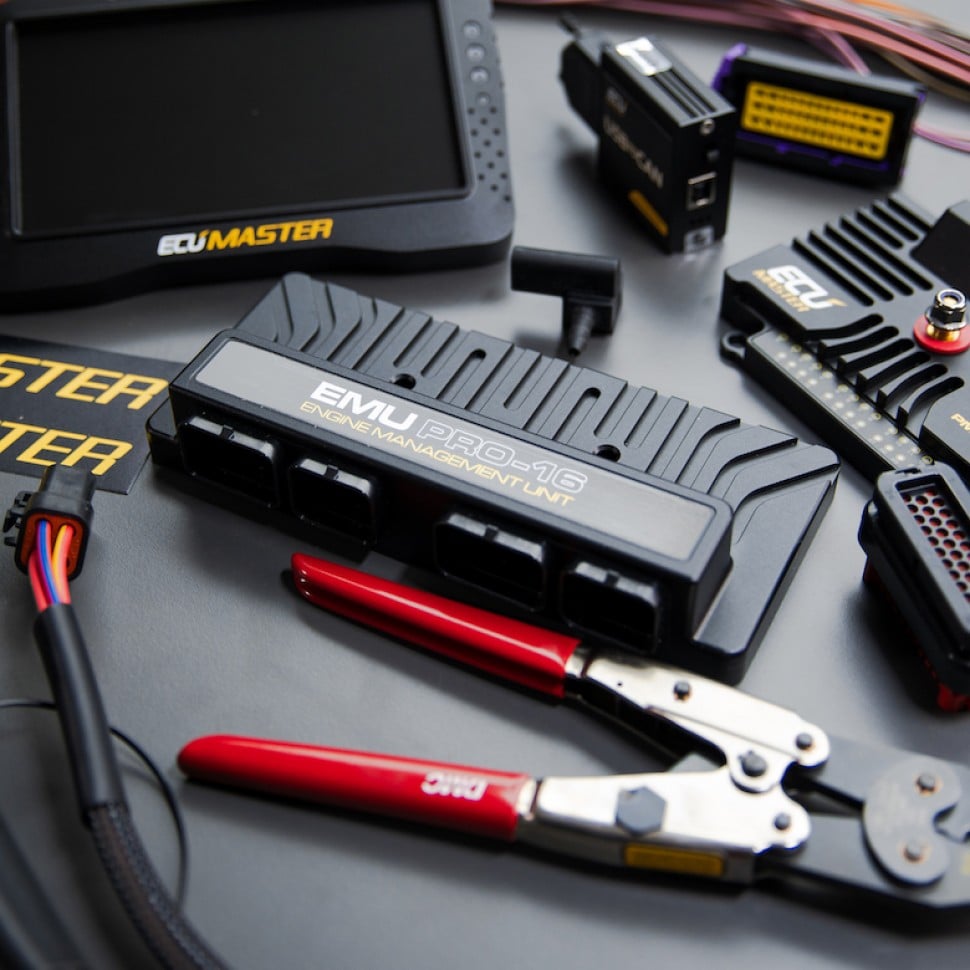Introduction to Engine Tuning: Things that affect your tune after you've tuned it
Things that affect your tune after you've tuned it
02.54
| 00:00 | - One of the most important considerations, when it comes to modifying your car, is to ensure that the tuning is always safe because nobody wants a damaged engine. |
| 00:10 | While this is obviously the aim of taking your car to the dyno and having it tuned in the first place, it's just as important to understand that anything you change after the engine has been tuned may impact on the accuracy and safety of the tune. |
| 00:28 | What this means is that any time you change something on the engine, it's important to at least confirm that your tune is still safe and accurate. |
| 00:37 | In particular, you need to make sure that when you take your car to the dyno for your tuning session that you're running exactly same set up that you expect to use on the road or race track once the tuning is complete. |
| 00:52 | I've struck situations in the past where a customer had brought me a car to tune with a tank of premium high octane fuel but then found they actually intended to run a lower octane fuel in the tank once the tune was completed. |
| 01:08 | Their reasoning was so that they could get a higher dyno number. |
| 01:12 | This might sound ridiculous but if you don't understand the implications of your actions, it can be easy to overlook how dangerous this could be. |
| 01:22 | Let me take that one example and see what could have happened. |
| 01:26 | The engine I was tuning was prone to suffering from knock. |
| 01:30 | The higher octane fuel, used for the dyno session could have allowed me to use more boost, more ignition timing or perhaps both. |
| 01:40 | On the face of it, it's great and the end result is most likely going to be a small increase in power. |
| 01:46 | The problem comes when they customer then re-fuels the car with a lower octane fuel. |
| 01:52 | It's pretty likely the engine will now suffer from knock which can end up damaging the pistons, the cylinder head, and other engine components. |
| 02:02 | Now let's talk about changing hardware components such as the exhaust system on the engine, after the tune has been completed. |
| 02:10 | The tuning process is all about optimising the fuel and ignition timing to suit the amount air entering the engine in a particular combination of engine RPM and load. |
| 02:23 | Anytime we change components that affect the air flow through the engine, we're going to end up affecting the tune. |
| 02:31 | What this means is that if you change any components such as the exhaust, headers, intake, air filter, cylinder heads or cams that are likely to affect air flow through the engine, you're always best to at least have the tune checked to confirm that it is still safe. |





